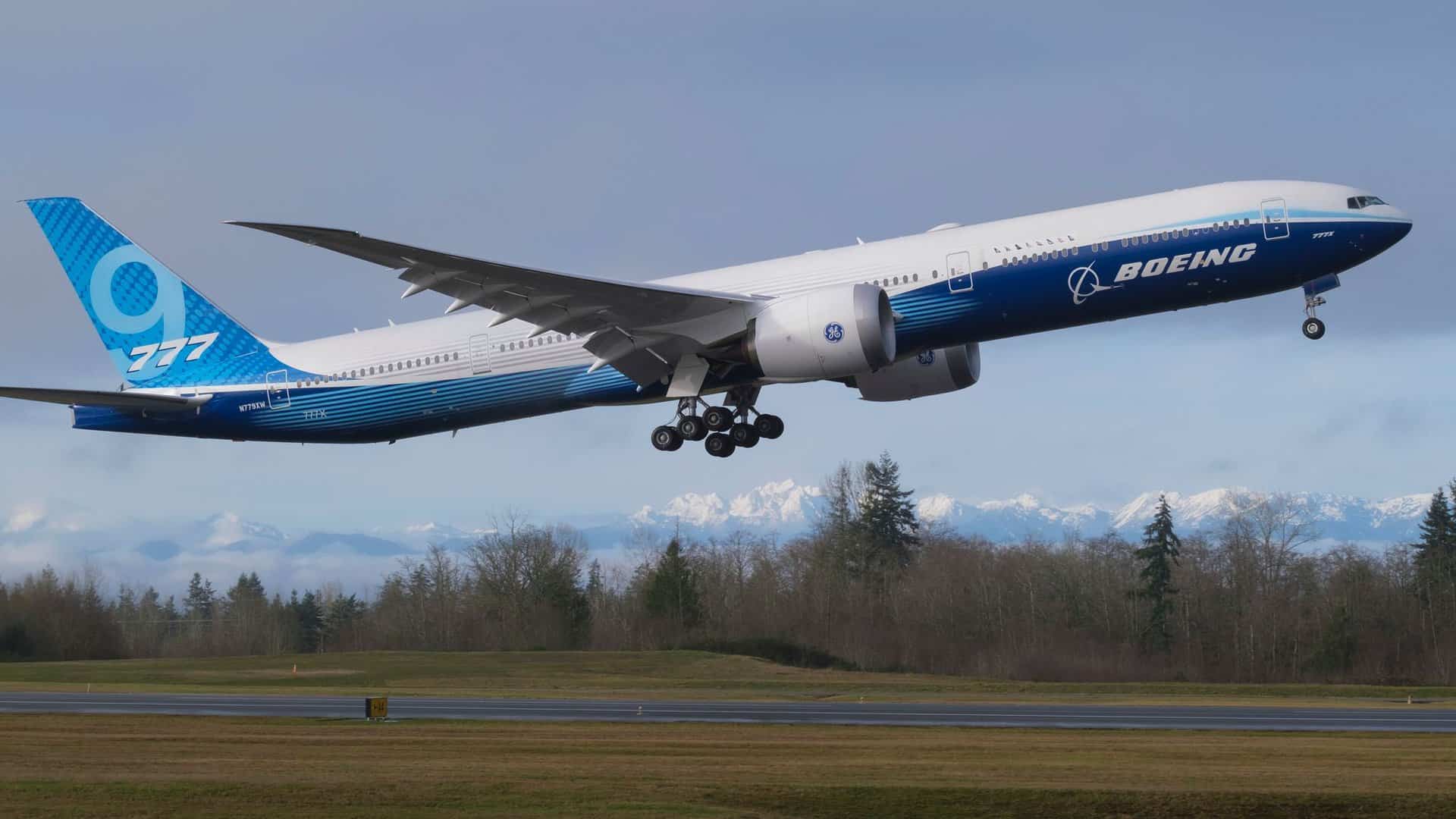The past year or more has seen extensive industrial strike action across Europe. This has affected many industries, and aviation is certainly one of these. There have been strikes from airline staff, airport workers, and air traffic controllers, amongst others.
As of early 2023, there seems to be little let up in strikes. The underlying issues of high inflation and rising cost of living, and seeking to protect rights and working conditions, remain. We consider here the main impact that the strikes are having – on airlines as well as to people and across the wider industry.
Aviation Guides
- What is Sustainable Aviation Fuel?
- A Short Guide to FBO’s – the Dos and Dont’s
- Current Risks to Aviation
- How Air Cargo is Revolutionising the Global Economy
- The Cost To Operate A Private Jet
- Infrastructure For Sustainable Aviation Fuel
- Why There Is A Need To Improve Aviation Industry
- Emergency Flight Charter
- Diplomatic Flight Operations
Delays & Cancellations
The most noticeable effect of the strikes, of course, is flight delays and cancellations. In 2022 and 2023 there have been regular strikes in the UK and Western Europe in particular. These have been by airline staff, air traffic controllers, and airport workers (including security staff and baggage handling).
This is making advance flight planning and scheduling by airlines difficult. Airlines may have a bit more notice and control over strikes by their own staff, but they are also affected by airport or other strikes. Airlines are often having to cancel additional flights at the last minute to meet reduced capacity expectations.
This is regularly happening at London Heathrow, for example, with British Airways often forced by the airport to cancel a proportion of its flights.
A few specific examples from 2022 and 2023 of the impact this had on airlines:
- Over the Easter 2023 holiday period, British Airways was forced to cancel 300 flights (about 5% of its schedule) from London Heathrow due to security staff strikes.
- Strikes by airport workers in Germany in mid-March 2023 led to the grounding of all departing flights from Berlin, Bremen, Hannover, and Hamburg. The previous month, similar action had crippled Düsseldorf and Cologne airports.
- During March 2023 strikes in France, the civil aviation authority required airlines to cut their flights by 20% to 30% at many airports. Overflights were significantly affected too.
- Ryanair claims that over the first three months of 2023 it had to cancel 3,350 flights due to extensive strike action from French air traffic control. These were mostly flights planned to overfly France.
Financial Losses From Strikes
Any operating problem like this will affect airlines’ financial position. Cancellations will cause loss of revenue, as well as additional costs to re-accommodate and potentially compensate passengers. Other costs for airlines continue despite the strikes – such as staff costs for non-striking workers even if there are no operations.
Airlines losses from the recent strikes have not been directly publicised, but looking at some previous similar events shows how impactful strikes can be. British Airways cabin crew strike action in 2010, for example, cost the airline an estimated £150 million. The wider economic impact is much higher. For example, the 2009 strike by air traffic controllers in France cost the French economy an estimated €2 billion.
Disruption & Losses for Passengers
These flight delays and cancellations are especially impactful to passengers, as they are often not eligible for full compensation. With late or last-minute cancellation in particular, passengers will often lose money on other travel and holiday bookings.
Airlines are normally obligated to provide care and alternative flight arrangements in the event of strike action, but not necessarily any further financial compensation. Under EU and UK law, airlines must offer compensation for cancellations caused by events under their control. Direct strike action by their own staff may qualify, but action elsewhere will not. There have been many difficult cases during the recent strikes, and the law continues to be clarified by decided cases.
Damage to the reputation of airlines and the industry
Much harder to quantify is the reputational damage that strike action causes. Cancelling flights and causing extensive passenger disruption leaves a lasting impression. Loss of passenger confidence and damage to the brand is a serious problem in the competitive airline industry.
Some airlines will do better by offering more generous policies, and handling customer disruption better. Low-cost airlines, as you would expect, have been particularly criticised for leaving passengers stranded and offering minimal assistance and alternatives. But even larger legacy airlines have tightened up. During the pandemic, for example, British Airways offered extremely flexible re-booking for any cancelled flight. During the Easter 2023 cancellation, the airline hardly even acknowledged there was a problem, and did not allow passengers not directly affected to change plans at all.
Impact on aviation sector workers
Those working in the sector suffer from strike action too. The strikes are increasing stress levels for many aviation workers, as they are often working long hours and frontline staff are dealing with more frustrated passengers. There is also an increased potential for violence during the strikes, as passengers become angry with the delays and cancellations.
This affects not just those striking, but others across the industry. In the longer term, this can only make the staffing problems in the industry worse. Striking workers does not create a good impression for those considering working in the industry, and people will tire of increasingly tough conditions. Staffing and recruitment, of course, still remains a key problem for the industry.

